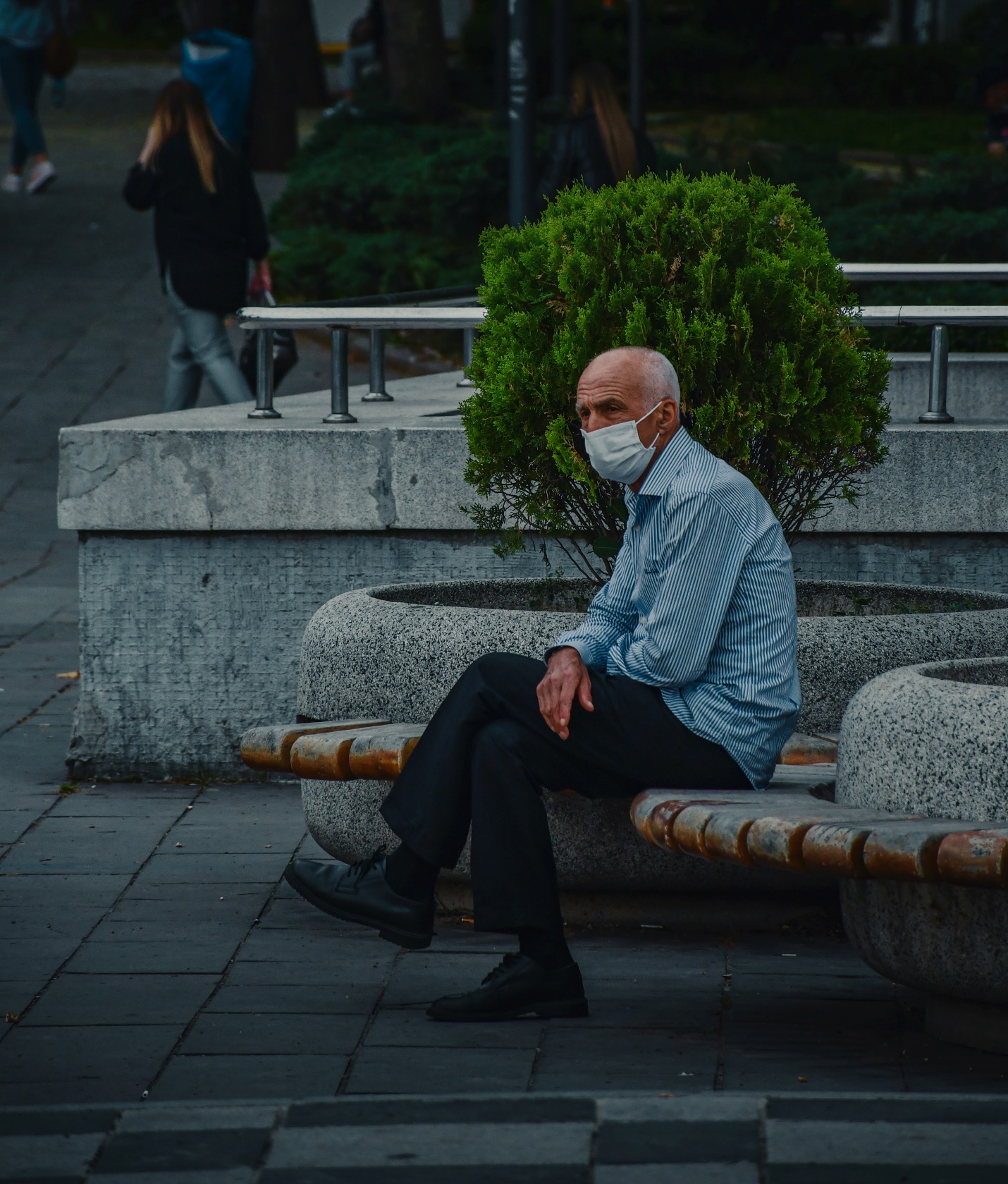General Health Tips & News
Life With the Covid-19 Infection
By M.M. (staff writer) , published on January 23, 2021

Medicine Telehealth Health Covid-19
Life With the COVID 19 Infection
Covid-19 is not a death sentence. Especially now that a vaccine is available. This doesn’t mean that everyone is on the clear and the virus is gone. You can still be infected with the virus and your body is left to fight it. The immune system can fight the virus but it will take a toll on your body.
Isolation
This is the first thing to do if you are infected to help control the spread of the virus. This is a highly infectious virus such that if one is infected and refuses to isolate, there is a high risk of affecting someone else. It is almost a guarantee. If you are isolated at home, you can’t share anything with the rest of the family and whoever comes into contact with you must wear protective equipment. It will take 14-21 days for your immune system to fight the virus and test negative.
Staying Active
Now that you are isolated at home, you can exercise and get your lungs working. However, don’t exercise if you have difficulties breathing, a fever, and coughing. This might make your mild illness severe. Choose the right exercise for you to avoid injury and to help you enjoy the activity. Light- and moderate-intensity physical activity is best. You don’t have to exercise if you are infected. You can even choose to rest for the two weeks or more that you are isolated.
Stay in touch with the doctor
While the virus isn’t a death sentence, it can be pretty tough on your body. If you feel like the symptoms are getting worse, you can contact your doctor for the way forward. You don’t have to go to the doctor physically. You can use telemedicine technology and talk to your doctor at the comfort of your home. The doctor can diagnose your symptoms and advise you accordingly. If you need to go to the hospital for treatment, it is better to wait for instructions from the doctor.
Closely monitor your symptoms
Even with a strong immune system, you need to monitor your symptoms. The symptoms include fever, cough, fatigue, loss of smell or taste, diarrhea, nausea, and many others. Knowing and understanding the symptoms will help you know when to get emergency medical attention. Some of the signs that show you need emergency medical attention include difficulty breathing, persistent pain or pressure in the chest area, inability to stay awake, bluish face or lips. One might not get all these symptoms but if you have other severe or concerning problems, call a doctor.
Wear a mask all the time
Even in isolation, ensure that you wear a mask covering your nose and mouth. This is especially if you have someone taking care of you at home and if you are going near pets or animals. If you can’t wear the mask due to trouble breathing, cover your coughs and sneezes and ensure every inch of your isolation room and everything else you touch is sanitized regularly.
References
2. https://www.cdc.gov/coronavirus/2019-ncov/symptoms-testing/symptoms.html
3. https://www.cdc.gov/coronavirus/2019-ncov/downloads/sick-with-2019-ncov-fact-sheet.pdf
4. https://clinicaltrials.gov/ct2/show/NCT04375709
Find articles related to: Medicine Telehealth Health Covid-19
More articles about General Health Tips & News
Back to the Health Tips Index




